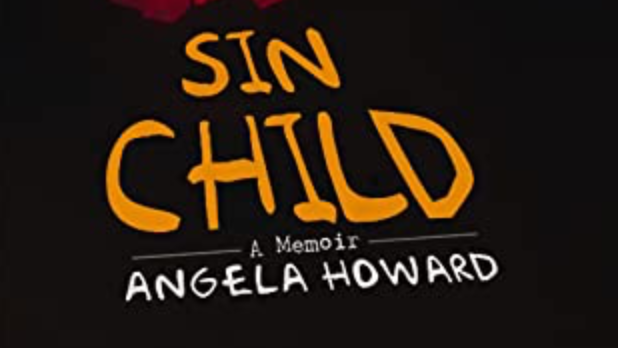Angela Howard’s Sin Child recalls a troubled life, but offers a hopeful guide to recovery from trauma
By Angela Howard
Sin Child is an autobiography in the vein of The Glass Castle, Breaking Night, and A Child Called It. Sin Child is the story of a small-town Mississippi girl rising above the abuse and abandonment of her childhood, and eventually finding love, acceptance, and a driving passion for guiding others through their own trauma.
Loss and Abuse
I grew up in a one-traffic-light Mississippi town, a place of innocence and nostalgia that never reached my door. A cotton-top little girl, I was entered into beauty contest at the age of eight, but even the strength and poise I learned to present during competitions couldn’t protect me from my neglectful, angry mother and absent father. My abusive stepfather—the third of eleven—used the threat of his pet boa constrictor to ensure I kept his terrifying secrets, while other adults overlooked the trauma happening right under their noses.
I came to accept loss and abuse as part of my life. Even more, organized crime, the AIDS epidemic, and simple abandonment repeatedly robbed me of friends and loved ones.

In an effort to stay one step ahead of child welfare services, I became homeless by sixteen, shuffling from house to house of various family members, friends, and teachers. And after learning the true identity of my father, I hoped his family might offer some comfort. Instead my strictly-religious relatives rejected me, dubbing me with the nickname “Sin Child.”
Hope and Recovery
Years later, as an adult, I ran into a former high school teacher. Tearing up, she told me she was certain I would be dead by now. It was a reasonable assumption.
As you’ll read in my memoir, my childhood wasn’t something easily survived. Only recently had I thought to share my story with others–I am a nurse, not a writer–but identifying my estranged mother’s body in a cold, county morgue triggered something in me. Her death made me ready to speak.
I hope that by sharing my past I might fuel a budding national conversation about Post Traumatic Stress Disorder (PTSD) in children. I’m thankful that the dialogue has already begun, pushed forward in March of this year, when Oprah Winfrey appeared in a 60 Minutes segment about the topic.
According to the piece, childhood trauma “makes [one] five times as likely to be depressed and can cut [one’s] overall life expectancy by as much as twenty years.” The CDC claims one in eight children suffers the life-long impact of trauma, as measured by the Adverse Childhood Experiences (ACE) test.
As a point of reference, I have taken the ACE test and scored a 10, the highest possible measurement. My experiences leave me well suited to speak on the subject, and my story bears out Winfrey’s conclusion in her segment—relationships are the key to recovering and moving on. My personal relationships, especially with other marginalized people such as African Americans and people in the LGBT community, were my salvation. That close network of support carried me through all my troubled times, and continues to give me the strength to share my truth.
Listen as Angela Howard sits down for a conversation with host Mark Fleischer on StoryBoard 30, from WYPL.
Read Susan Cushman’s review of Sin Child, Healing from “unimaginable abuse” in rural Mid-South

